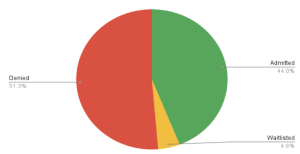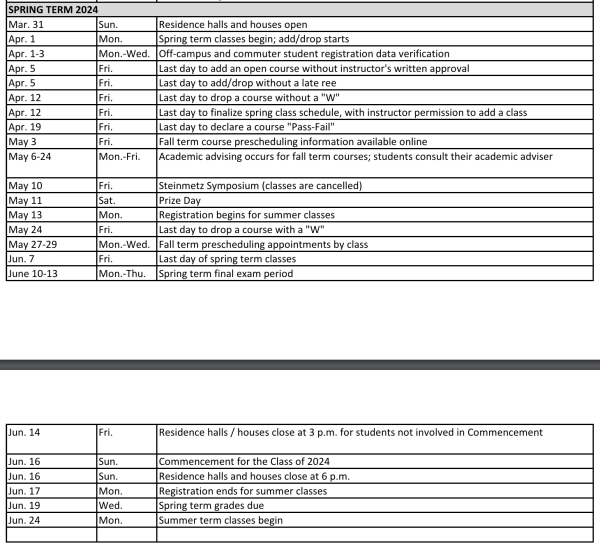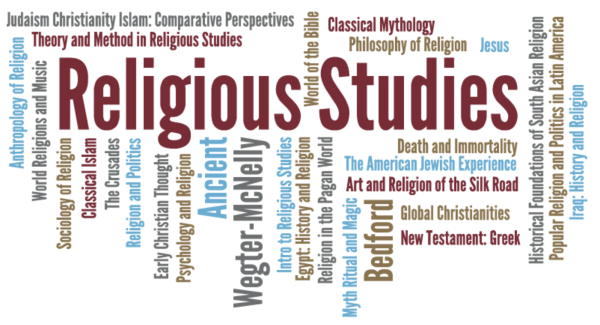Student discusses potential global conflicts to come in 2019
January 23, 2019
Here in the United States, we’re watching firsthand the most polarized political setting in decades. Amidst the longest government shutdown in our nation’s history, it’s easy to forget about looming conflicts around the globe. In addition to the shutdown, I’m watching Great Britain and Saudi Arabia closely in 2019.
America’s government shutdown is not just an American issue. Both allies and enemies of the United States are keenly observing the shutdown. When the new Democratic Majority Congress took office earlier this month, President Trump learned quickly just how different the second half of his term would be. Politically, each side hopes to set respective precedents for the next two years. The White House has held firm, despite the little data to support such claims that speak of a crisis at the United States’ southern border. House Democrats have rejected the administration’s border claims. Democrats have offered several deals Republicans’ appeared on board with as recent as December, but have not passed legislation through the Republican controlled Senate. Simply put, the shutdown has two conceivable outcomes. Democrats agree to border funding, in exchange for the president’s concession on substantial immigration positions. The other likely possibility is that given the number of federal employees without pay, Republicans in the House and Senate gradually distance themselves from the President, forcing his concession on the border wall. With either outcome, one side will claim victory in setting precedent for the next two years.
The importance of federal employees should be noted. They are the unsung heroes of society. Our country is infinitely better off with these workers at work and getting paid. Schenectady, Albany and Troy are no exception, with approximately 6,000 federal employees combined in the three counties.
Across the Atlantic, Great Britain is scheduled to leave the European Union on March 29. Since the referendum in June of 2016, the process has progressively grown less functional. Now, just over two months shy of the exit date, it’s unclear what form Britain’s exit will take. The country debated for months about potential exit agreements. The potential agreement with the EU would be vital to Great Britain maintaining an effective trade relationship with EU countries. Prime Minister Theresa May brought home a deal and parliament rejected it overwhelmingly. Time is running out for Britain. A Brexit without a deal would be a disaster. May can try for an extension, in hope for new negotiations with the EU. In the 2016 referendum, leave won with under 52% of the vote. Given the close outcome and the madness since, I think a second referendum would show a substantial victory in remaining votes. Brexit will disrupt trade and shake markets, especially if Britain exits without a deal. The best hope is for a second referendum.
The world is slowly moving towards more renewable energy sources, but for the foreseeable future, oil rich nations remain powerful. Saudi Arabia, the de facto leader of OPEC, worries many. In October, Saudi Arabian operatives assassinated Jamal Khashoggi. Khashoggi a journalist and American resident had written critically of the Saudi regime for some time.
The White House failed to criticize the regime’s involvement, worrying senators and house members from both sides of the aisle. Earlier this month, Qatar left OPEC, citing concerns about Saudi Arabia, specifically it’s growing relationship with Russia, a non-OPEC member, but oil powerhouse. As Crown Prince Mohammed Bin Salman influence grows within the regime, it’ll be interesting to see how the United States, OPEC members, the E.U. and Russia each interact with the thirty-three year old leader as his nation plans for an expansive influence on the world stage.
In 2018, we saw the catastrophic power of climate change. From uncontainable fires in California to the third consecutive abnormally damaging Atlantic Hurricane season. 2019 will definitely bring more environment crises. In South America, presidents with questionable motives in Brazil and Venezuela are each starting fresh terms. In Israel, Prime Minister Netanyahu faces allegations of wrongdoing, promising an eventful year for Israel’s longest tenured Prime Minister. The list goes on. Lock in, 2019 will be a busy year for the world’s most influential nations.








